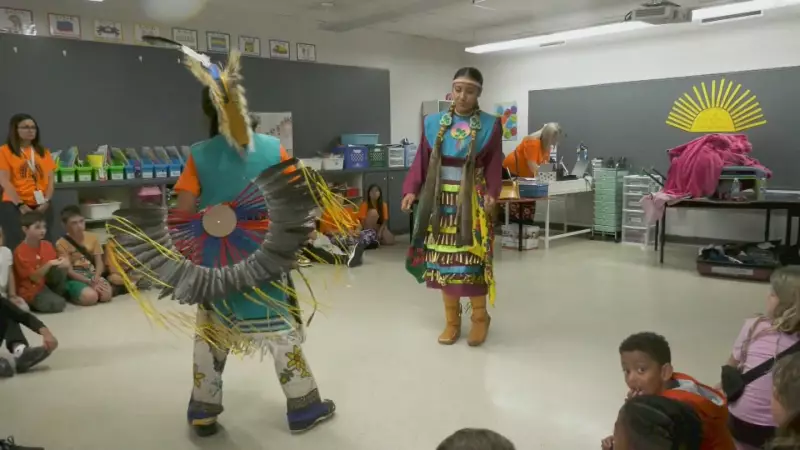
The heart of Halifax's Indigenous community beat strongly this week as the Mi'kmaw Friendship Centre hosted a profound gathering to commemorate the National Day for Truth and Reconciliation. The event transformed the centre into a vibrant hub of cultural preservation and collective healing.
A Day of Remembrance and Reflection
Community members and allies gathered for a day filled with meaningful activities designed to honor residential school survivors and their families. The air carried both the weight of historical trauma and the hope of reconciliation as participants engaged in traditional ceremonies and educational workshops.
The sea of orange shirts served as a powerful visual reminder of the thousands of Indigenous children who never returned home from residential schools. Each orange garment told a story of remembrance, representing the commitment to ensuring these painful chapters of Canadian history are never forgotten.
Cultural Activities and Community Healing
The Friendship Centre organized an array of activities that blended traditional Mi'kmaw practices with contemporary approaches to healing:
- Traditional drumming circles that echoed through the gathering spaces
- Storytelling sessions where elders shared wisdom and experiences
- Educational workshops about the history and legacy of residential schools
- Community feasts that brought people together in solidarity
The Significance of September 30th
This national day, also known as Orange Shirt Day, represents a crucial opportunity for all Canadians to engage with the difficult truths of the country's colonial past. The Halifax event emphasized that reconciliation is not just a single day of remembrance but an ongoing process that requires continuous effort and understanding.
"This day is about more than just wearing orange," explained one community organizer. "It's about listening to survivors, educating ourselves, and taking meaningful action toward healing and justice."
Building Bridges Through Understanding
The Friendship Centre's event successfully created a space where Indigenous and non-Indigenous community members could come together in a spirit of mutual respect and learning. The gathering demonstrated how cultural institutions play a vital role in facilitating the difficult conversations necessary for genuine reconciliation.
As the day concluded, participants left with a deeper understanding of Canada's colonial history and a renewed commitment to supporting Indigenous communities in their journey toward healing and self-determination.





